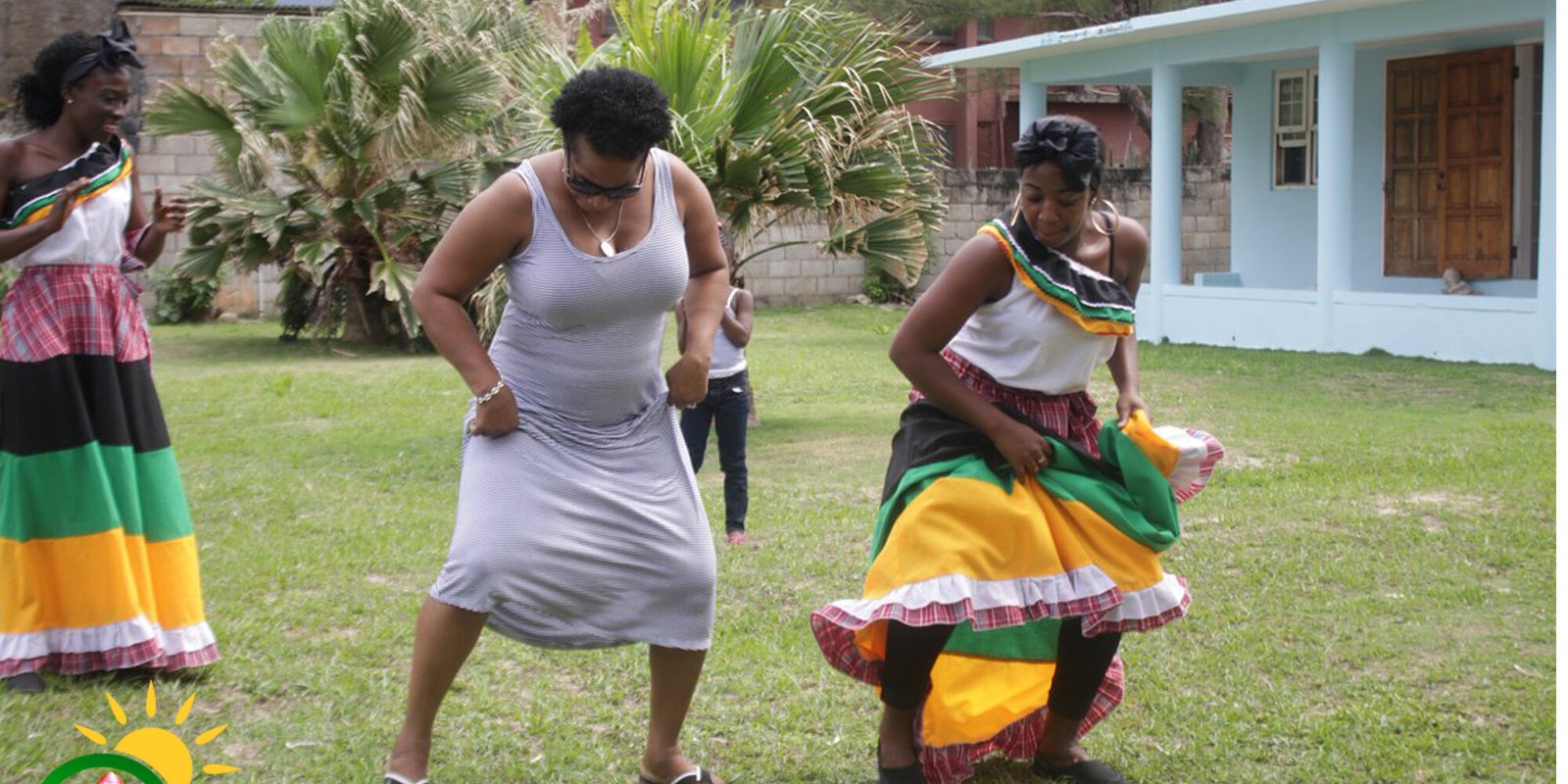Reggae music is more than just a genre; it is a cultural phenomenon that has played a crucial role in shaping the identity of Jamaica. Known for its distinctive rhythm and profound lyrics, reggae music has transcended borders, bringing the spirit of Jamaica to the world. This article explores the history and significance of reggae music, tracing its roots and its impact on Jamaican culture and beyond.
Origins of Reggae Music
Early Influences
Reggae music emerged in the late 1960s in Jamaica, evolving from earlier genres such as ska and rocksteady. The island’s rich musical heritage, including African rhythms, European melodies, and Caribbean beats, laid the foundation for reggae. Ska, characterized by its fast tempo and offbeat rhythm, dominated the Jamaican music scene in the early 1960s. This eventually slowed down into rocksteady, which focused more on bass lines and soulful melodies, setting the stage for reggae’s development.
Birth of Reggae
The term “reggae” is believed to have originated from the song “Do the Reggay” by Toots and the Maytals in 1968. The genre gained international recognition with the release of “The Harder They Come,” a film starring Jimmy Cliff, and its accompanying soundtrack in 1972. The movie showcased the struggles and resilience of Jamaicans, with reggae music as the backdrop, thus introducing the genre to a global audience.
Key Figures in Reggae Music
Bob Marley
No discussion of reggae music is complete without mentioning Bob Marley, the genre’s most iconic figure. Marley and his band, The Wailers, brought reggae to the world stage with hits like “No Woman, No Cry,” “One Love,” and “Redemption Song.” His music, infused with messages of peace, love, and social justice, resonated with people worldwide, making him a global ambassador for reggae and Jamaican culture.
Peter Tosh and Bunny Wailer
Peter Tosh and Bunny Wailer, both members of The Wailers, also played significant roles in the development and popularization of reggae. Tosh’s militant stance and songs like “Legalize It” and “Equal Rights” brought attention to issues such as cannabis legalization and human rights. Bunny Wailer’s solo career, with albums like “Blackheart Man,” further enriched the reggae landscape with his spiritual and political themes.
Other Influential Artists
Other notable artists who have shaped reggae include Jimmy Cliff, who gained fame with songs like “Many Rivers to Cross,” and Burning Spear, known for his deep, soulful voice and powerful lyrics. Female artists like Marcia Griffiths and Judy Mowatt also made significant contributions, adding diversity and depth to the genre.
Themes and Messages in Reggae Music
Social and Political Commentary
Reggae music is known for its strong social and political messages. The lyrics often address issues such as poverty, inequality, and oppression, reflecting the struggles of the Jamaican people. Songs like Bob Marley’s “Get Up, Stand Up” and Peter Tosh’s “Equal Rights” call for resistance against injustice and advocate for human rights.
Spirituality and Rastafarianism
Reggae is deeply intertwined with Rastafarianism, a spiritual movement that emerged in Jamaica in the 1930s. Rastafarian themes of unity, peace, and love are prevalent in reggae lyrics. The movement’s reverence for Haile Selassie I, the former Emperor of Ethiopia, and the use of symbols like the Lion of Judah are also prominent in reggae music.
Love and Unity
Reggae music often promotes messages of love and unity, encouraging listeners to come together and build a better world. Songs like Marley’s “One Love” and Jimmy Cliff’s “Wonderful World, Beautiful People” emphasize the importance of harmony and positive thinking.
The Global Impact of Reggae Music
International Influence
Reggae’s infectious rhythm and powerful messages have made it a global phenomenon. The genre has influenced numerous other music styles, including hip-hop, punk, and dancehall. Artists from around the world have embraced reggae, incorporating its elements into their music and spreading its message of love and resistance.
UNESCO Recognition
In 2018, UNESCO added reggae music to its list of Intangible Cultural Heritage, recognizing its global influence and importance. This acknowledgment highlights reggae’s role in promoting social change and cultural dialogue.
Reggae Music in Modern Jamaica
Contemporary Scene
Reggae music continues to thrive in Jamaica, with contemporary artists like Chronixx, Protoje, and Koffee leading the way. These artists blend traditional reggae sounds with modern influences, creating a fresh, vibrant sound that resonates with new generations.
Cultural Significance
Reggae remains an integral part of Jamaican culture, celebrated through festivals like Reggae Sumfest and Rebel Salute. These events attract thousands of visitors from around the world, showcasing the enduring appeal and significance of reggae music.
Conclusion
Reggae music is a testament to the resilience, creativity, and spirit of the Jamaican people. Its rich history and profound messages have made it a powerful cultural force, spreading the essence of Jamaica to every corner of the globe. As reggae continues to evolve and inspire, it remains a symbol of unity, love, and resistance, embodying the heart and soul of Jamaica.
By understanding the history and significance of reggae music, travelers can gain a deeper appreciation of Jamaica’s cultural heritage. Whether you’re visiting the birthplace of reggae in Kingston or enjoying the vibrant festivals, the spirit of reggae is sure to enhance your Jamaican experience.








